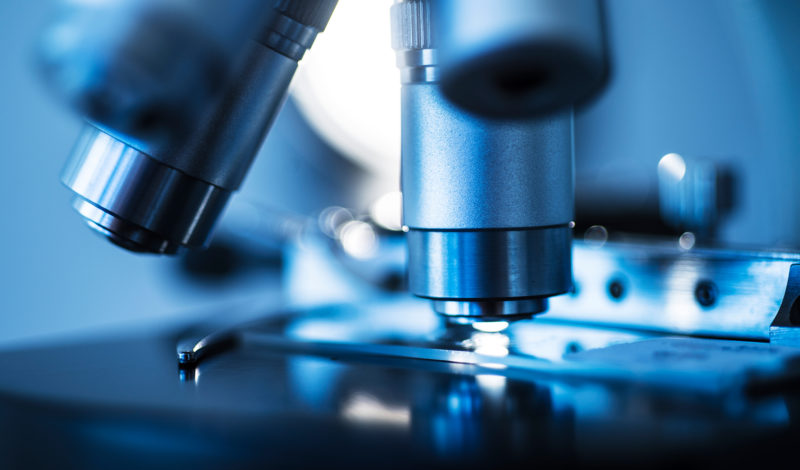Gastrointestinal diseases are among the most common infectious diseases. If the mucous membranes of the stomach and intestines are inflamed, [...]
Your fitness starts in the gut. Don’t you believe that?
Your intestinal flora is like a living community in your body. Here live billions of bacteria on eight meters intestine. It’s a quite full House. Instead of the names Müller and Kowalski are on the bell plate: Bifidobacterium, Lactobacillus, Firmicutes, and Bacteroidetes. Each one of them has its own task to keep you healthy and fit. Most of the residents are very peaceful. They tidy up, clean up regularly and prepare good vitamin cocktails for your body. But there are also a few troublemakers, they are called E. coli, hey really make dirt, especially rot. But the creeps are outnumbered. Only about 15% of them live in your intestinal shared flat, the decent flat mates make up about 85%. As long as this ratio remains like this, everything will be fine with your gut. The decent bacteria quickly clean up quickly when the troublemakers make a mess again. The only important thing is that the E. coli do not multiply, otherwise the decent flat mates will not be able to keep up with the tidying up. Your fitness will no longer be in order. You become tired, lethargic, gaining weight faster and even getting sick. For example, this happens when you tend to eat too much meat and too many finished products. Because unwanted bacteria love fast food, so they can multiply like rabbits and terrorize your intestines with wild parties. That’s why it’s important to know what your good intestinal dwellers need from you so that they can continue to take good care of your fitness and health. It’s Important to be responsible to improve gut health
Improve gut health – Bifidobacterium and Lactic Acid Bacteria – your cleaning team
These two bacterial families were the first to enter your intestines through your mother’s milk after you were born. Bifido and Lacto produce lactic acid. They keep a low pH value in your intestine, which in return will keep the gut clean and prevent pathogens from entering. If the troublemakers mess up, your cleaning team will free the gut from rotten leftovers. In addition, they always provide a supply of vitamins, enzymes, amino acids, and essential fatty acids. So that they can do their work and you stay fit and improve your gut health, you can best supply them with yogurt, cheese, sauerkraut, bread drink, Kombucha tea or pickled vegetables.
improve gut health – Firmicutes and Bacteroidetes – the nutritional guardians
Not too thin and not too thick, these two bacterial strains take care of that. Firmicutes are like the good mummy who always buys and cooks too much so that you don’t get too thin. Bacteroidetes make sure you don’t eat too much and take away your desserts from time to time. Studies have shown that Firmicutes and Bacteroidetes should ideally live in equal numbers in your intestines, i.e. 1:1. Firmicutes ensure that you don’t get too thin. That’s why they can extract more calories from a slice of cucumber than they contain. They turn it into fat and sugar, which is then stored in your fat cells. In return, Bacteroidetes work. They want you to be thin, so they just throw away a lot of fats without using them. This way, your food can’t become bacon and your metabolism stays in balance. It becomes problematic for your fitness if the Firmicutes are the majority. Then they are like the worried mother who regularly brings you sandwiches so that you don’t lose weight. Normally, Bacteroidetes would be the ones to empty the fridge and send you to do some sports after each meal. But they won’t be able to do it if they are outnumbered, and the Firmicutes will keep bringing more snacks.
Find out how Firmicutes, Bacteroides and your gut are doing with a gut flora analysis. Then you can balance your intestinal flora, increase your fitness with the right probiotic mix and improve your gut health.
Experience more about INTEST.pro
How do we analyze your intestinal flora? What does the test involve? Where can you buy INTEST.pro? And how do we protect your data?


